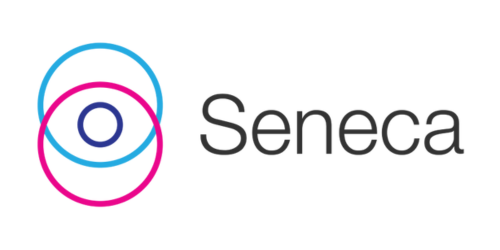The Vulcan Energy Resources Ltd (ASX: VUL) share price has fallen 16% over the past month. Ouch!
The Vulcan Energy share price has fallen as lithium prices have dropped from over US$80,000/mt to under US$60,000/mt.
However, Vulcan isn’t the only lithium stock that’s taken a beating. Even established, highly profitable producers like Pilbara Minerals Ltd (ASX: PLS) and Allkem Ltd (ASX: AKE) have been caught up in the sentiment-fuelled sell-off.
Is this the end of the lithium bull market?
We don’t think so, in fact, we think the opposite is likely true.
In the short term, news published on February 28th suggests up to 12% of global lithium chemical supply could be disrupted after the Chinese government shut down mining activities in Yichun, known as the ‘lithium capital of Asia’, amid environmental impact concerns.
Longer term, most analyst forecast prices to settle at between US$15,000 to US$25,000 per metric tonne, with supply equilibrium not expected to be reached until the early 2040’s. The consensus is for a sustained bull market in lithium, the only disagreement is around the magnitudes and timelines. This is good news for Vulcan.
Why do we like Vulcan shares so much?
Short term, we suspect Vulcan’s share price has been naively shorted. Shorting is where hedge funds borrow stock and sell it into the market with the hope that they will be able to buy back the stock at lower prices to ‘cover’ the short.
In the recently released Definitive Feasibility Study (DFS), Vulcan outlined a phase one capital cost of around $2.3 billion to deliver a project worth $4.1 billion. With no specific funding solution, a hedge fund would simply look at a company like Vulcan’s cash balance (about $200 million currently), relative to their proposed capital expenditure (capex) bill ($2.3 billion) and deduce it needs to conduct a large, dilutive capital raise to finance this project. Further, the fund can confidently borrow the stock in the knowledge that excess liquidity (if they are correct!) is on the way (when the company issues a lot more shares).
Vulcan Energy undoubtedly needs capital to build its project, but we think it has a range of funding sources and is unlikely to tap investors directly for the full amount, as implied by those who are short-selling the stock.
Vulcan has alternative sources of funding
1. Grants.
The US department of energy is handing out US$412 billion in loan funding, with US$55 billion to “Advanced Technology Vehicles Manufacturing” i.e., lithium and battery minerals projects. ASX-listed companies Ioneer (ASX: INR), Piedmont Lithium (ASX: PLL) / Sayona Mining (ASX: SYA), Novonix (ASX: NVX) and Syrah Resources (ASX: SYR) have already received funding.
Europe is proposing a similar scheme with further details due to be released on 8 March. We suspect a zero-carbon lithium project in Germany would be well placed and we know the company has been engaging with local, national and EU-level politicians for months.
2. Project finance.
Raising debt at the project level (as opposed to raising money on the ASX, at a company level) is another option for Vulcan.
Funding and expertise at the project level might involve bringing on a strategic partner or expanding one of the existing relationships. We think the lithium extraction and geothermal part of the project would be well suited to an oil & gas mega-cap looking to ‘go green’, who can bring a substantial balance sheet and technical expertise to the project.
3. Company debt
While less likely in the near term (these deals generally happen 12-18 months after the DFS is released), it’s worth noting that the headline capex figure is not all required up front but rather it will be spread over the construction of the project.
Further, Vulcan CEO Francis Wedin holds over 11% of the shares in Vulcan and as a result, I think he is highly aligned and incentivised to protect dilution to shareholders.
Is the Vulcan share price attractive?
In short, I see the current share price of ~$6 as a favourable entry price, with the potential for a short squeeze and price spike on the back of any positive news regarding non-dilutive funding.
As for what the share is worth long term, brokers have price targets as high as $19.00 at Canaccord Genuity and $21.86 according to the German-based Alster Research.



